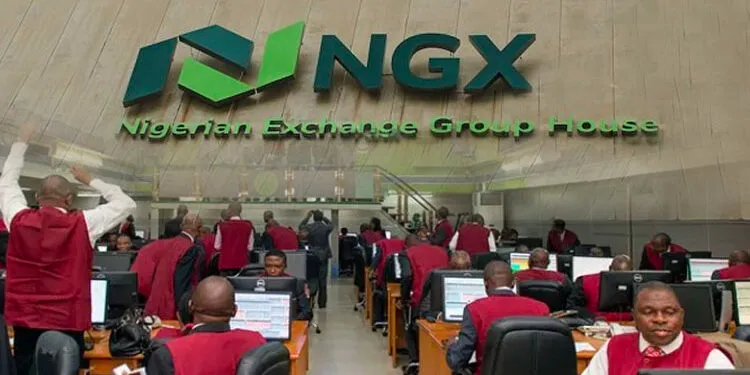KMPG, an international auditing and consulting firm has stated in a report that the current fiscal frameworks, which include tax policies in Nigeria’s mining sector, are not appealing enough to encourage necessary investments and do not take the sector’s unique characteristics into account.
According to the report, despite several federal governments’ attempts to revitalize the industry, not much has been accomplished.
The report — the fourth in the series – recalls that, among other legislative initiatives, a new national focus and strategy on mining emerged in 1999 and resulted in the adoption of the Nigerian Minerals and Mining Act (the Act or NMMA) in 2007.
“However, these efforts only led to a stunted growth in the sector; with the sector’s contributions to the nation’s Gross Domestic Product (GDP) remaining at less than 1% as of 2023.
“To demonstrate the government’s commitment to enhancing the sector’s contribution to GDP and facilitating the diversification of the economy, the erstwhile Ministry of Mines and Steel Development issued a revised sector growth and development roadmap (Roadmap for the Growth and Development of the Nigerian Mining Industry – the “Roadmap”) in 2016,” the report stated.
It said that increasing the sector’s overall GDP contribution to roughly 10% of Nigeria’s GDP by 2026 is one of the roadmap’s goals. To meet this goal, the government established a N30 billion intervention fund to allow international businesses to enter the industry. The goal of the fund was to support investigation and learning.
“Despite these significant efforts, only little traction was achieved across the mining value chain, as the sector only contributed 0.77% to the GDP in 2023 according to the National Bureau of Statistics (NBS),” the report said.
In the report, the nation’s mining was categorised according to the key activities in the sector viz-a -viz exploration and mining (upstream), processing and beneficiation (mid-stream), and marketing and stream subsectors where active.
“Historically, only the upstream and down consider the peculiar nature of the sector, particularly, its long gestation period. In addition, incentives for miners appear to be scattered in pieces of different and independent fiscal legislation, which urgently calls for harmonization, to provide clarity to operators as to which should prevail (e.g., incentives in the NMMA and Companies Income Tax Act, CITA). Typically, fiscal incentives should be codified into the relevant corporate tax law to avoid overlaps and/or inconsistencies,” KPMG said in the report.
KPMG emphasized that the Federal government must review the entire fiscal framework for the taxation of mining operations, and bring it into compliance with international best practices to attract mining majors and foreign investors.
“Apart from the harmonisation of the fiscal incentives, the revision of the NMMA is long overdue, as some of the provisions may no longer be in tandem with current realities. Hence, the an urgent need for an update to ensure the provisions align with global best practices and address the current realities of the mining ecosystem in the country,” the report said.











